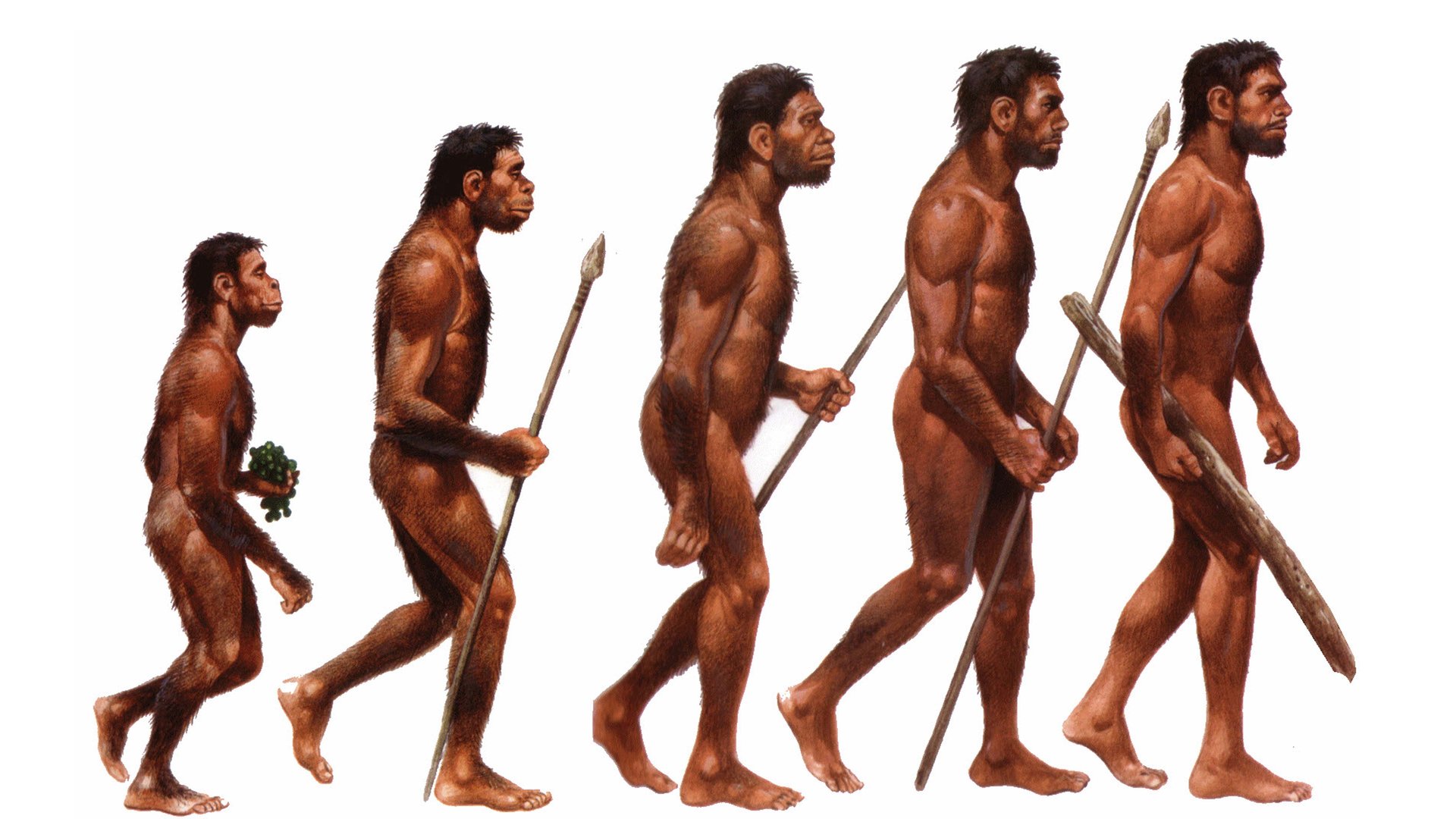Evolution is the gradual development of species, from generation to generation, from simple to complex forms. This process was first described by Charles Darwin, when he proposed the theory of evolution.
Evolution is the gradual development of species, from generation to generation, from simple to complex forms. This process was first described by Charles Darwin, when he proposed the theory of evolution.
natural selection
When an animal, plant or micro-organism reproduces, it passes on part of its genes to the next generation. Changes in the genes, such as mutations, can lead to new characteristics in the organism, such as a slightly different colour of fur which can serve as better camouflage. This kind of change increases the chances of survival of the organism and also of its reproduction. Other organisms which do not have these characteristics tend to have fewer descendants and do not live as long. This is a form of natural selection (survival of the fittest).
In the course of a number of generations, the organisms with the most advantageous hereditary characteristics remain. This is how a species can change gradually (evolve) or how a whole new species can come into being.
bald or hairy
Man is also the product of evolution which took place very gradually. We share the same ancestors as the gorillas and chimpanzees, but we are the only species which walks upright and has less hair. Scientists still do not know the evolutionary reason for our posture and lack of hair.

